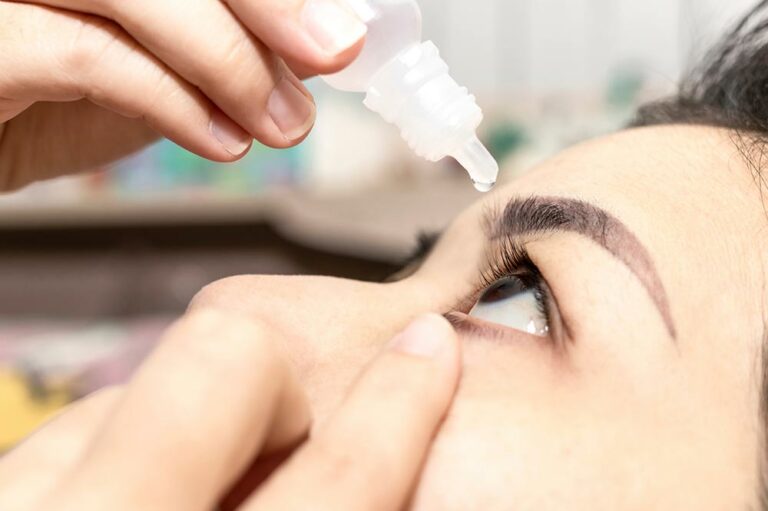
Health
9 habits to avoid for a healthy liver
The liver is the second-largest organ in our body that performs numerous vital tasks. For instance, it metabolizes chemicals, neutralizes and destroys poisonous compounds, manufactures essential nutrients, produces bile, and regulates glucose, cholesterol, vitamin, and hormone levels. Still, people rarely stop to think about liver health. Caring for the liver begins by breaking certain unhealthy habits. Read on to learn more about nine such habits that could harm the liver and how to avoid them. Consuming too much sugar When sugar enters the body, it is broken down into glucose and used for producing energy. Any excess turns into fat, which is stored in the liver. Over time, this can lead to fatty build-up in the organ, increasing the risk of fatty liver disease. Excessive sugar consumption also increases inflammation in the body, harming other internal organs. Avoiding sweets and controlling blood sugar can help people maintain liver health and performance. Dining out regularly Many people eat rather large portions of processed foods when dining out. The food served in restaurants often has high amounts of saturated fats, salts, and sugars. Eating such food can raise inflammation in the body, impede liver function, and put one at risk for conditions like liver cirrhosis.
Read More 









